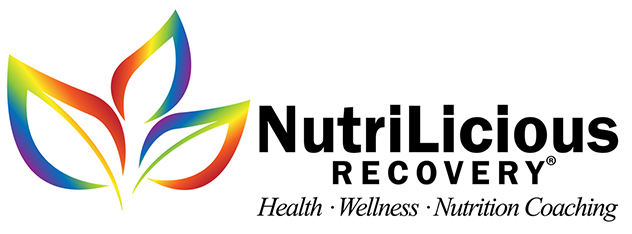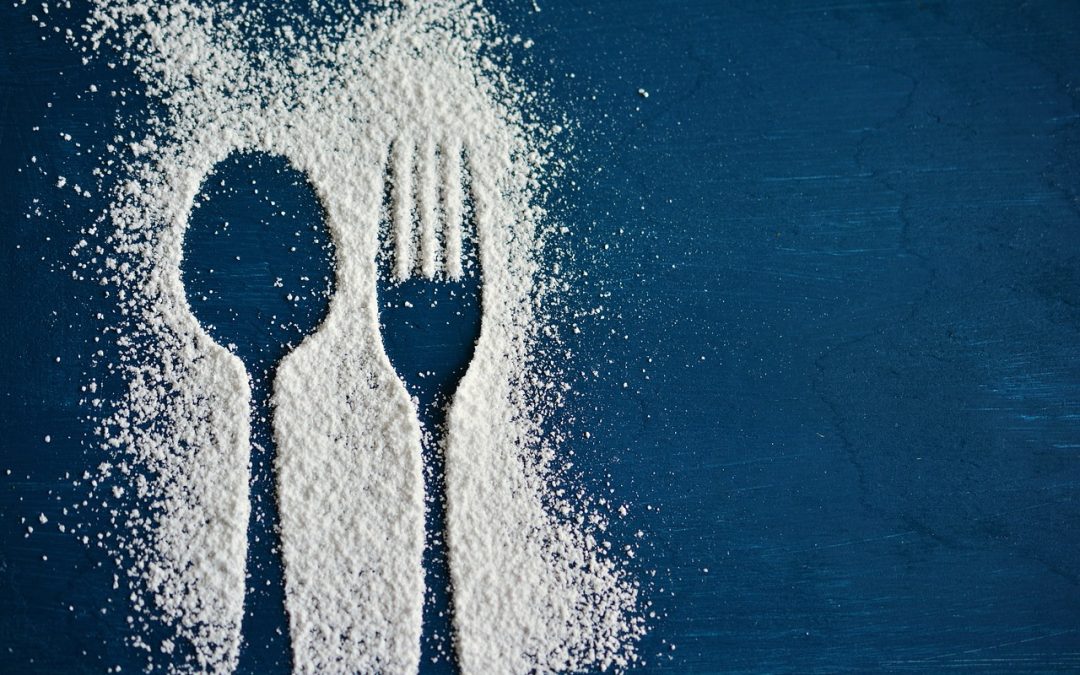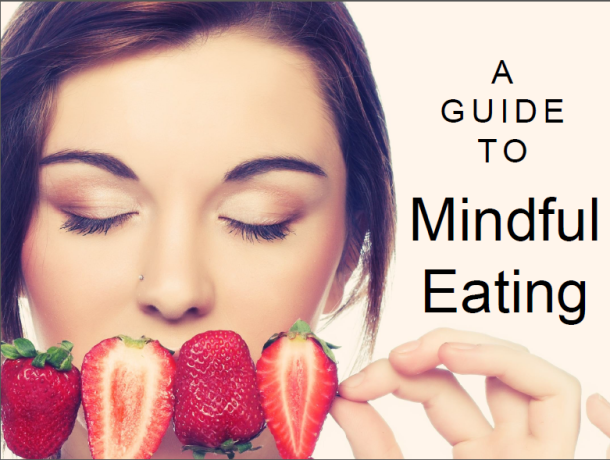I am admitting it. I’m addicted to sugar. Many Americans agree with me. I always thought it was because there are so many delectable American desserts (compared to other cuisines). And considering that the Western American diet is highly processed and overly sweetened, it is no wonder. Even food advertisers captivate audiences with taste, taste, taste as though that is the ONLY criterion for consumption. Sugar has gone from a side role to the main focus of ALL foods. Americans consume far more sugar than is recommended for our health. But this is not just a problem in the US, as other societies also have the sugar blues. Last week my aunt from Mumbai was visiting and she checked her blood sugar daily while consuming the meals I prepared for her. For the first time I was able to see the impacts of the meals I was making for her.
It empowered me to challenge my meals in such a way to lower her blood sugar. But in doing so, I saw what can only be described as “withdrawal” symptoms. This made me look at sugar as though it was a drug – complete with addiction and withdrawal issues. So now I ask the question, “Are we all addicted?”
“More, please!”
In order for a substance to be addictive, there should be an effect on the brain which stimulates the release of dopamine. Dopamine of one type of neurotransmitter that gives us a heightened sense of pleasure. Sugar does this… and it feels so good that over time we want more to get the same “high” (buzz/pleasure).
In nutrition school I learned that humans are programmed to love sweetness. Appreciation of the sweet taste of berries/fruits picked off trees was a survival sense to avoid starvation. That same survival sense has evolved today, and now it is expected to have that pleasant aroma and taste at practically every meal, every snack, and every beverage.
Psychological Behavior Change
If the consumption of a substance can initiate a behavior change, it may be considered as addictive. In animal studies, sugar consumption is shown to have drug-like effects as it is associated with sugar-related binges, cravings, tolerance, and withdrawal. There was even one rat study that showed Oreo cookies causing more neural activity than cocaine.
Acceptance
My clients with sugar-related health goals have made overcoming the cravings a primary focus. But how does one do this? The only way is the cut out all sugar, and neutralize the palate. Yes, this means withdrawal. The challenge is often met with scurrying in the kitchen in search of something sweet. I saw this with my aunt’s withdrawal this past week, and as hard as it was to watch – I remained patient and gave her daily goals to work toward. We were duly rewarded with a lowering of her blood sugar levels. But, this is not a 1-day fix, but a lifestyle change to stop the cravings AND keep them away.
Actions
I will not say these are easy actions to take; but if you challenge yourself with them, rewards will follow. They all deal with labels.
- Don’t flock to “diet” labelled foods. Dietary foods are marketing a lower fat or calorie content, but in order to achieve this, they use other flavors/ingredients (usually sugars) to compensate. (think yogurts).
- Check for sugar in the ingredients list and ensure it is not in the first 5 ingredients. If it is (as in sweet yogurt), stop buying/eating these items. Replace them with wholesome ingredients without the sugars.
- Become knowledgeable about the different names for sugar: cane sugar, cane juice, cane juice solids, cane juice crystals, dextrin, maltodextrin, dextran, barley malt, beet sugar, corn syrup, caramel, carob syrup, brown sugar, date sugar, malt sugar, diatastic malt, fruit juice, fruit juice crystals, golden syrup, turbinado, sorghum syrup, refiner’s syrup, ethyl maltol, maple syrup, yellow sugar, high fructose corn syrup (HFCS), and many more.
- Understand the difference between Natural and Added- sugars.
- Natural sugars from fruits, veggies are usually not an issue because of the FIBER they are contained in. The fiber slows the absorption of the sugars. In the case of 100% fruit juice, if the fibers are removed then the end product becomes refined and harmful to sugar addicts.
- Natural sugars from dairy contain lactose – a milk sugar. While this is not an added sugar, be aware that it can increase blood sugar and should be used sparingly. Yogurts that also add sweeteners should be avoided as this will combine lactose and more concentrated sugars.
- Natural sugars from honey and syrups will increase blood-sugar concentrations, AND keep the palette wanting more sugar later in the day. It doesn’t help to add “a little bit” of these to the diet if one is trying to stop the cravings.
- Words ending in –ose and –ol are sugar alcohols and should be avoided for those trying to stop sugar cravings.
I empower you to challenge yourself to a clean eating week without refined sugars. Even if you don’t have lofty health goals, and don’t for see a problem with your sugar consumption, consider just a week of some healthy meals to neutralize your palette and see if you show any signs of withdrawal. Sign up for the next clean eating challenge here.



